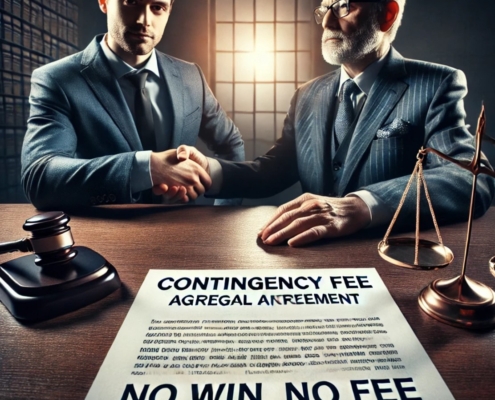Guidance and Recovery Steps for Businesses Affected by the 2025 Los Angeles Wildfires
The recent wildfires in Los Angeles, including the Palisades and Eaton fires, have caused unprecedented devastation, leading to significant challenges for business owners in affected areas. I am a business attorney since 2005. I formerly defended insurance companies such as Zurich and Allianz. I know the inner workings of the insurance company dealing with fire claims. Consulting a California fires attorney or a Los Angeles wildfire attorney can provide critical legal guidance during this challenging time. Recovering and rebuilding after such a disaster requires immediate action, adherence to legal obligations, and strategic planning to mitigate future risks.




